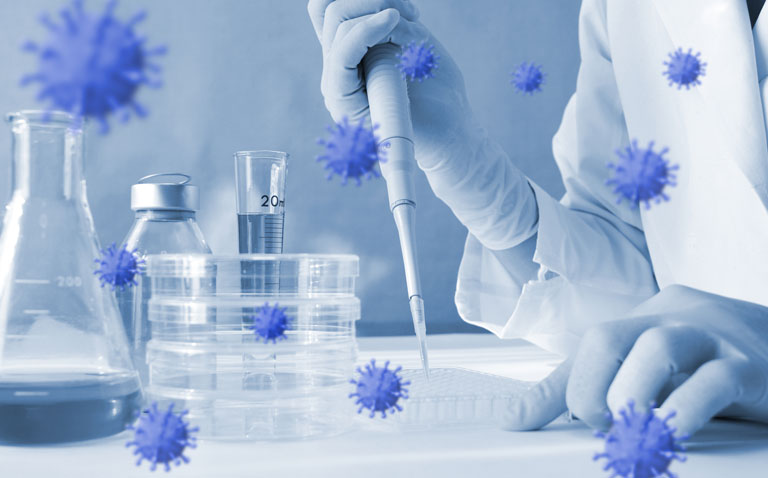In the global race to create a vaccine, Chinese researchers from the Beijing Institute of Biotechnology have reported positive results from the first-in-human trial of a recombinant adenovirus type-5 vectored vaccine for COVID-19.
The vaccine which expresses the spike glycoprotein of COVID-19 was administered to 108 healthy adults with an age range of 18 to 60 years (mean age 36). Patients were split into three groups and received one of three different intramuscular doses. The primary outcome for the study was adverse events in the 7 days after vaccination and safety was assessed after 28 days. The results showed that neutralising antibodies were generated against COVID-19 after 14 days and peaked after 28 days. The higher dose was the most effective at generating antibodies and in total 81% of patients experienced adverse effects although there were no differences between in the incidence of these effects between the groups. Typically, patients experienced pain at the injection site, fever, headache, fatigue and muscle pain which were mild to moderate in severity and occurred after 24 hours but had resolved by 48 hours.
The authors concluded that while the study included only a small number of patients, it did reveal that the vaccine was both effective and well-tolerated. An ongoing Phase II trial is planned to provide further information on the safety and immunogenicity of the vaccine.
Reference
Zhu FC et al. Safety, tolerability and immunogenicity of a recombinant adenovirus type-5 vectored COVID-19 vaccine: a dose escalation open label, non-randomised, first-in-human trial. Lancet 2020; May 22 doi.org/10.1016/ S0140-6736(20)31208-3.










